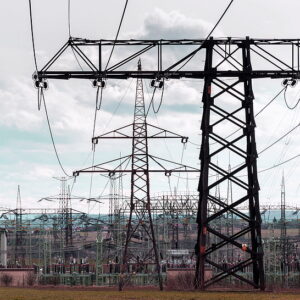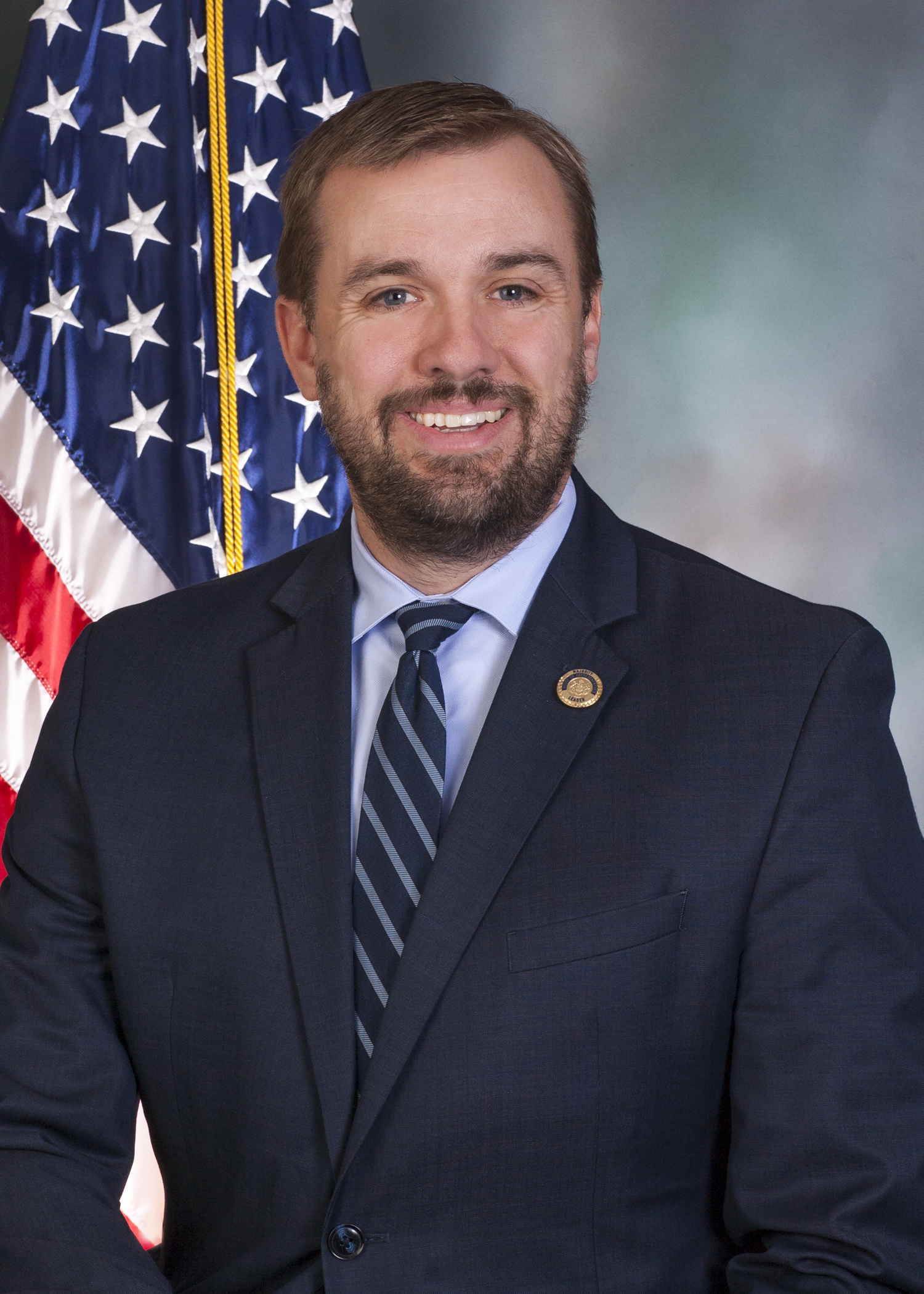The Pennsylvania Commonwealth Court rightly recently rejected an effort by prior Gov. Tom Wolf’s administration to unlawfully impose an energy tax on Pennsylvanians by entering the state into the Regional Greenhouse Gas Initiative, also known as RGGI.
RGGI is a multi-state compact that would ultimately lead to higher energy taxes on Pennsylvania consumers when they turn their lights on at home, try to keep warm in the winter, or operate one of our many small businesses that are the centerpiece of our state’s economy.
While Pennsylvania’s entrance into RGGI would have added onto already increasing energy costs being felt by Pennsylvania’s families and businesses due to uncontrolled inflation and other misguided energy policy choices, Republicans for years have used every tool at our disposal to call out the continued unlawful efforts to circumvent the legislative process, which ultimately sunk the effort to implement RGGI through regulatory fiat.
As it relates to RGGI, dating back to the 2019 session, the Pennsylvania House Republican Caucus was at the forefront with legislation sponsored by Rep. Jim Struzzi (R-Indiana) to mandate that legislative approval be required prior to Pennsylvania’s entrance into the RGGI compact.
Ultimately, that legislation was vetoed by Gov. Wolf who had already started an unfortunate and unlawful pattern of circumventing legislative authority so he could unilaterally implement his unpopular agenda.
Similar legislative pursuits were followed in the 2021-2022 legislative session.
And while the rule of law won with the recent court decision on RGGI, the pattern of unlawfully using unilateral executive power to override proper legislative authority has only continued; and that is something Republicans in the Pennsylvania House of Representatives have continually worked to rein in.
Despite the use of the courts to bless many of these improper regulatory efforts, Republican lawmakers continued to push back by passing legislation to reverse these decisions and make our elections more modernized, accessible, and secure.
While much of that legislation was vetoed by a governor intent on his approach, it continued to set the model for the legislature refusing to give up its proper lawmaking role and pushing back on improper exercises of unilateral executive power.
During the pandemic, the unilateral exercise of executive authority coming out of the governor’s office was especially pernicious.
That did not stop us from fighting back. For months we used legislative authority to roll back these decisions and, even though many of our legislative efforts were vetoed, they were ultimately followed by a change in direction from the administration.
These efforts also led to the largest reassertion of legislative authority in recent history when we put before voters Constitutional amendments that were ultimately approved limiting the Governor’s unilateral authority during emergencies.
Thus far, constitutionally reinserting the legislature into emergency management decisions has only worked to increase the freedom and autonomy of Pennsylvanians.
In other areas, the legislature was proactive in putting into law what was being done by executive action. During the pandemic, the governor used unilateral authority to waive hundreds of regulations. Republicans believed that if you could waive a regulation for months on end, it was likely not necessary to begin with.
While the Commonwealth Court got it right with the RGGI decision, Republicans—especially Republicans in the Pennsylvania House of Representatives—have been talking about and fighting back against the improper use of unilateral executive authority for years.
Even though we have scored many big wins for Pennsylvanians in reasserting their voice through the legislative process, whenever the unlawful use of executive authority takes place, we will continue to use every tool at our disposal to speak out and ensure the power of the people—and not one person—wins out.


